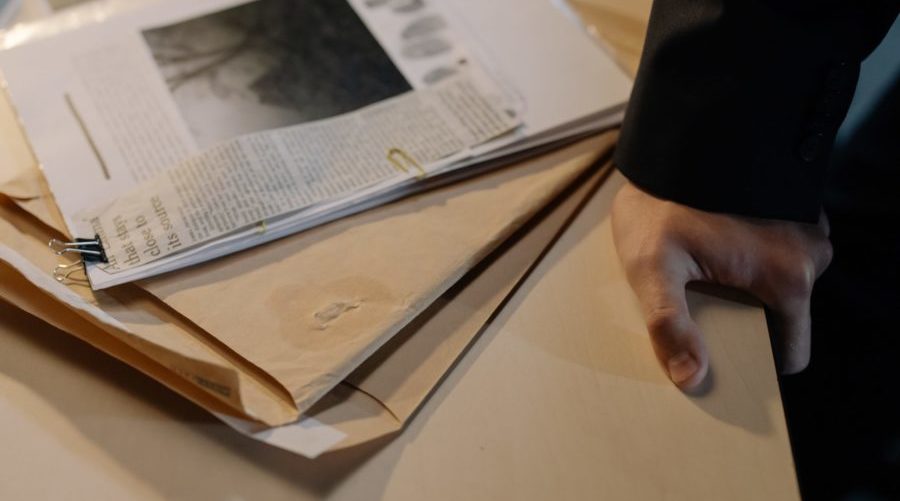
Nothing strikes fear into the heart of a law firm more than the prospect of an SRA investigation and, in this article, we’re looking at what this is and, more importantly, the possible impact on the law firm.
When a law firm finds itself the subject of scrutiny by SRA investigation solicitors, it can be a worrying time which can lead to some serious consequences. In this article, we’re looking at how an SRA investigation could affect your law firm and what you should do to protect your business.
What is an SRA investigation?
The SRA (Solicitors Regulation Authority) is the organisation which regulates the activities of solicitors and law firms in the UK. The SRA’s main job is to investigate any complaints against law firms or individuals, and to take the necessary measures to penalise the company and prevent further breaches of the guidelines.
- Activities which may be investigated by the SRA include:
- Company or individual recklessness or serious incompetence; whether deliberate or accidental.
- Dishonest means of operating, including communications with clients.
- Failing to comply with regulatory requirements as laid out by the Legal Ombudsman.
- Unsavoury conduct outside of work which may impact the company’s reputation.
- Criminal convictions.
- Repeated and recorded misconduct.
What does an SRA investigation entail?
An SRA investigation can take anything from a couple of months to a couple of years, and is carried out to a set format as follows:
Collation of evidence gathering: the first stage of the process is the gathering of information and evidence. In order to do this, the SRA will request documents and speak with witnesses. They will also be in contact with you in order to gain further insight and evidence.
Evidentiary meeting: once the information gathering is complete, the SRA will arrange a meeting – usually at your office – and this will be attended by relevant members of your staff as well as representatives from the SRA. During this meeting, which may take up to half a day, you will be given the opportunity to present explanations and evidence in your defense.
Findings and recommendations: the SRA will produce a detailed report on the evidence received, and will recommend a course of action.
How does an SRA investigation affect a law firm?
As a regulatory body, the SRA has the power to impose sanctions against your firm should your business be found to have breached guidelines or committed wrongdoing. Such sanctions can include a fine, a written rebuke or reprimand, and / or a recommendation to dismiss particular members of staff.
While a fine may affect your law firm financially, the biggest harm to your company from a negative result is likely to be reputational if word gets out that your company or somebody employed in your company has been conducting business improperly. In some cases, you may also have to inform shareholders that an investigation is taking place which can result in a lack of confidence from shareholders.
Unfortunately, in many cases, an SRA decision against your law firm will mean that you will need to let a member of staff go in order to regain the trust and confidence of your clients, stakeholders, shareholders and staff. A negative decision may also affect your law firm’s ranking, which can potentially harm your business in terms of attracting new clients to the firm.
Does my law firm have to accept the SRA’s decision?
If you disagree with the decision by the SRA, and feel that your evidence backs up your case, there are a couple of courses of action that you can take to try to overturn the decision:
An appeal: if you wish to appeal the SRA’s decision, you must do so in writing within 28 days of receiving the letter of decision. The SRA will then reexamine the case to see if there are grounds for an appeal and, if so, a new investigation will be launched and this will follow a similar format to the first investigation.
Legal Ombudsman: if your appeal with the SRA fails, you may be able to take your case to the Legal Ombudsman, the governing body of law in the UK. The Legal Ombudsman will then examine the case – including the evidence gathered by yourself and the SRA – in order to determine whether or not the SRA’s decision is correct. To be successful with the Legal Ombudsman, you will usually have to provide some pretty compelling evidence to prove that your firm was not guilty of any wrongdoing.
If both of these avenues of recourse fail you will, unfortunately, have no other option but to accept the SRA’s decision, and the penalty that the SRA has deemed to be appropriate in your case.
Moving forward after an SRA investigation
While an investigation by the SRA is something that no law firm looks forward to, it doesn’t have to be catastrophic. Every business makes mistakes from time to time – including law firms.
As long as you acknowledge the issue – and you’re able to demonstrate a commitment to ensuring that better practices will be followed in the future – there’s no reason that your firm cannot continue to survive and thrive following an investigation.